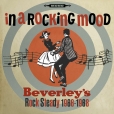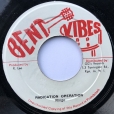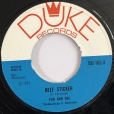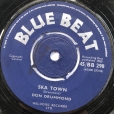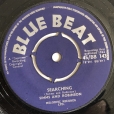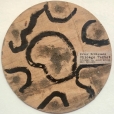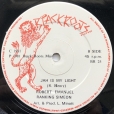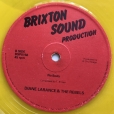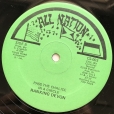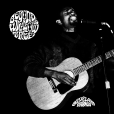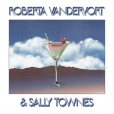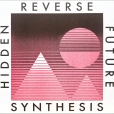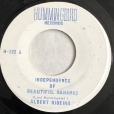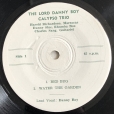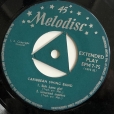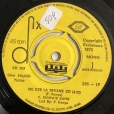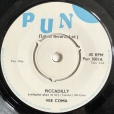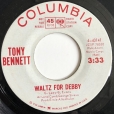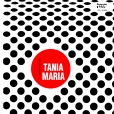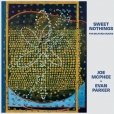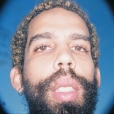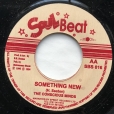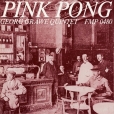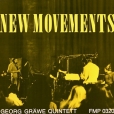Your basket is empty

A lovingly presented, outer-disciplinary collaboration featuring Ben Lancaster playing Moog, Sean Roche on saxophones, and visual artist Justin Hibbs. The music is a no-nonsense jazz stomper with Sun Ra running through its veins, and an eastern flavour; in two quite different arrangements.
‘Starry-eyed Brazilian love songs, ambient vignettes, warm, home-cooked beats and gentle strokes of MPB genius.’ Even a shot of West African high life!
‘The beautifully laid back sunshine soul opener has all the charm of early-70s João Donato… On the R&B inspired Quero Dizer, the swirling, lo-fi, kalimba and guitar-fronted beat is turned into a feel-good hit by the ingenuity of Berle’s honey-soaked vocal melody… Powerfully intimate, O Nome Do Meu Amor is a guaranteed tearjerker, with his stunning voice soaring over gently plucked acoustic guitar and the textural flutter of soft movement, as if we hear him writing the song in the moment…’
“A super, subtle, beautiful record,” says Gilles Peterson.
‘The same band as New Movements hit the stage a year and a half later, again for FMP, recording Pink Pong. Even more adventurous and tightly wired, this version of Gräwe’s fivesome plays more concise compositions, a total of eleven of them, spread out almost evenly amongst band members. The resulting album is one of FMP’s absolute classics, simultaneously a nod at precursors like Alexander von Schlippenbach’s early groups and Manfred Schoof’s killer mid-sized ensembles, but also indicating a new path for a younger set of players. Steeped in a love of folks like Lennie Tristano and Steve Lacy, the band’s points of reference were diverse enough to make them stand out against some of the more exclusively hard-blowing Germans of the era.’
His 1976 debut, for FMP.
‘A classic hard-bop configuration with trumpet, saxophone, and rhythm section. Though some vestiges of that hard-bop feel permeate the music, it’s been fractured and expanded in its ambitions to include post-bop, freebop, free jazz, and free improvisation, all with an overall set of structures that betray Gräwe’s deep interest in contemporary classical forms. It is an audacious debut, one of the most thrilling jazz-related European outings to emerge from the FMP program. Tenor and soprano saxophonist Harald Dau is spectacular, reminiscent in places of the great Gerd Dudek’s work with Manfred Schoof Sextett — tough as nails, free within a blues-oriented context, totally inventive. He’s matched by lithe trumpeter Horst Grabosch, and Gräwe’s rhythm team is impeccable, with Hans Schneider’s bass and Achim Kramer’s drums. The album kicks off with a 22-minute-long rollercoaster ride written by Gräwe, and continues with two more long tracks by Dau, all of them featuring thrilling interplay and brilliant tunes.’
